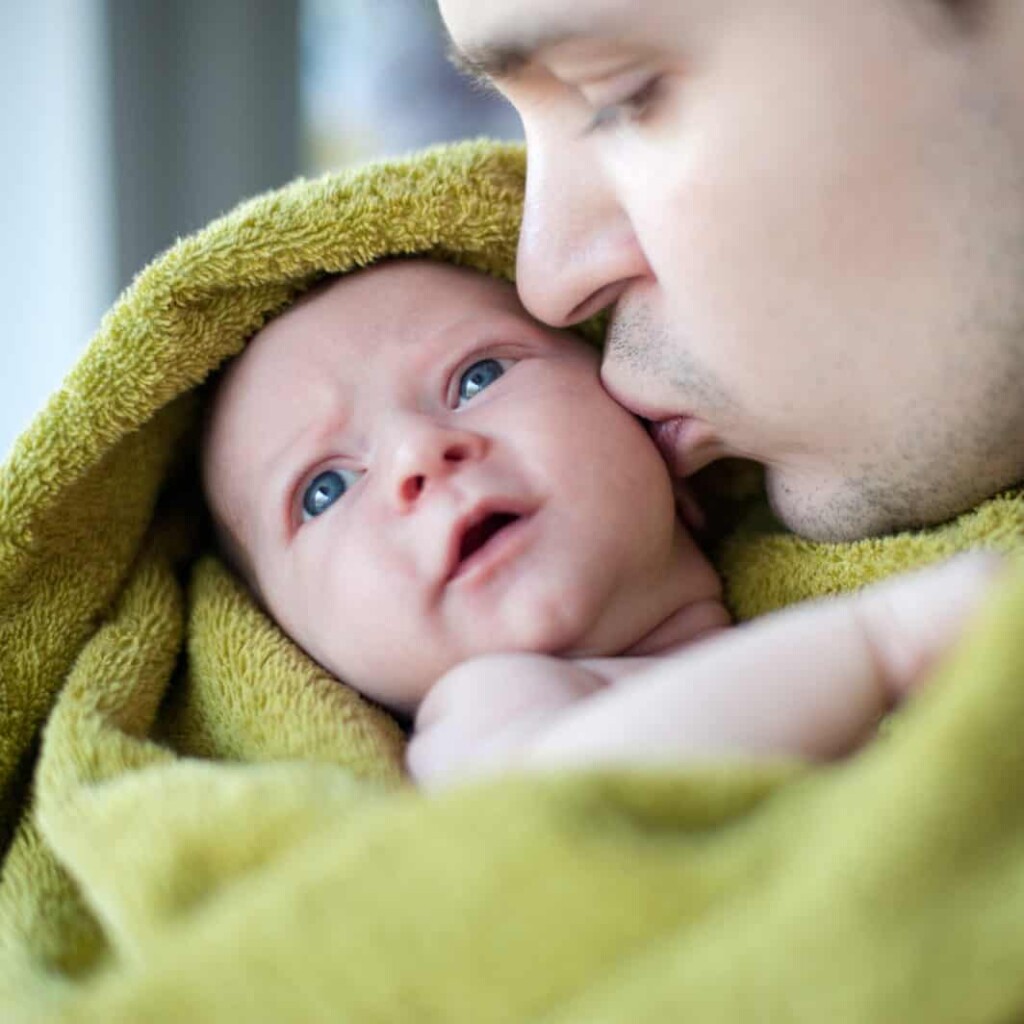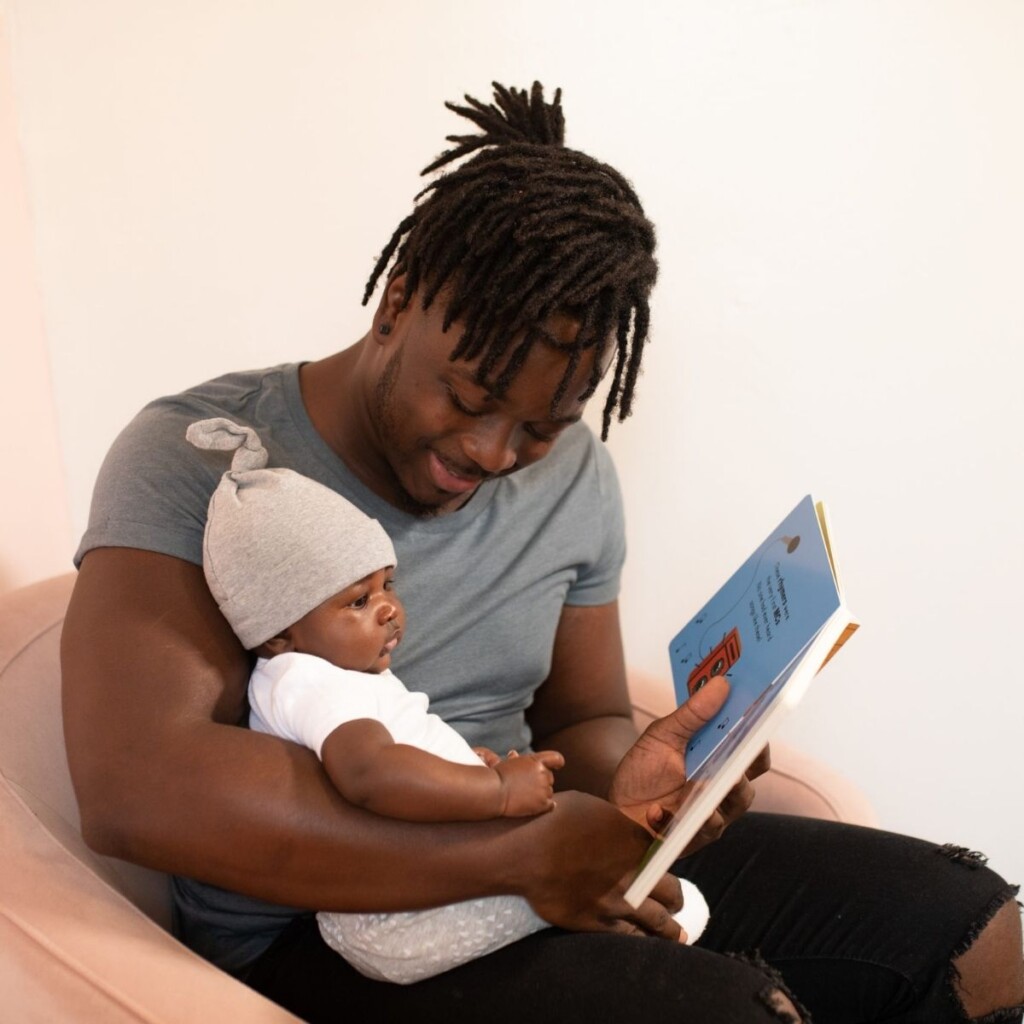
Being a Dad: a fundamentally different experience
As Darcy Lockman writes in her well argued article, parenthood tends to reinforce gender stereotypes. This seems to be the case however well intentioned and avowedly feminist both parties might be. I’m writing this as a dad and loving husband, a father of two young girls. I want to explore this a bit more from a paternal viewpoint.
The very experience – through pregnancy and birth, to the care of the new bundle of joy is fundamentally different for mother and father. (This is written from a heterosexual standpoint, but I gather that roles become more segregated in same-sex relationships too.) As committed and hands on as a father might be, it’s hard not to feel like a supporting act sometimes.
The dad: a supporting role
Of course, the mother needs lots of support. The mother will have just gone through something at least as arduous as a marathon. Immediately following birth can come the possible pain/discomfort and anxiety of breastfeeding. Simply being a useful and loving support act means most of the dad’s fortnight of paternity leave goes in a blur.
However, after the dust has settled, the statistics show that dads are not pulling their weight. Mothers do 65% of childcare, according to a study cited by Dr Lockman. Although fathers are more involved than 50 years ago, since the 90s the division of childcare has stayed similar.
Dr Lockman’s explanation lies in the differences between guilt and resentment as experienced between men and women. Men feel less guilt if they are not pulling their weight. However, they are quicker to feel resentment if the situation is the other way around.
Societal expectations

I think there’s a bit more to it though. Societal expectations run deep. So it takes courage and single mindedness to ignore the opinions of grandparents, for example, and the wider society. No man wants to feel like a patsy chatting with mates in the pub, because he actually does his share of work in the home. And because the dad starts from an outsider point of view, it can be hard to break that mindset.
Parent preference
Another major factor comes in the form of “Mummy do it”. For example, for toothbrushing (until recently, the source of major frustration and upset in our household). As they get older, kids vocalise who they want to brush their teeth, put them to bed, get them changed, read the story. More often than not, for us at least, it’s Mummy. However, possibly this is because she does the lion’s share anyway. They are more familiar with Mum in the caring role. Habits can be hard to break.
Luckily, 3 year olds sometimes respond (albeit grumpily) to requests for fairness; “It’s Dad’s turn. I did it yesterday”. On the other hand, it’s easy to fall into a pattern by following the path of least resistance.
Ultimately, it all comes down to communication. Honest conversations between the parents, managing expectations and working together to make changes in areas of discontent. It may sound cheesy, but we find it helps to think of our family as a team; each member has their specialisms and responsibilities. There’s the future to think about too. The fairer and less gender-segregated your family is, the better the chance that children will pick up on that. If you model equality and fairly divided responsibilities then they are more likely to have a fair system when they have families. I hope all dads will agree that that is something worth working towards

About the author
David Bones is a CalmFamily Consultant in West Yorkshire. He is a busy dad with two daughters, as well as his day job as a chemistry researcher at the University of Leeds. Originally from New Zealand, he moved to Leeds 7 years ago. He joined CalmFamily last year, impressed by the combination of science and empathy-based discipline.



Responses